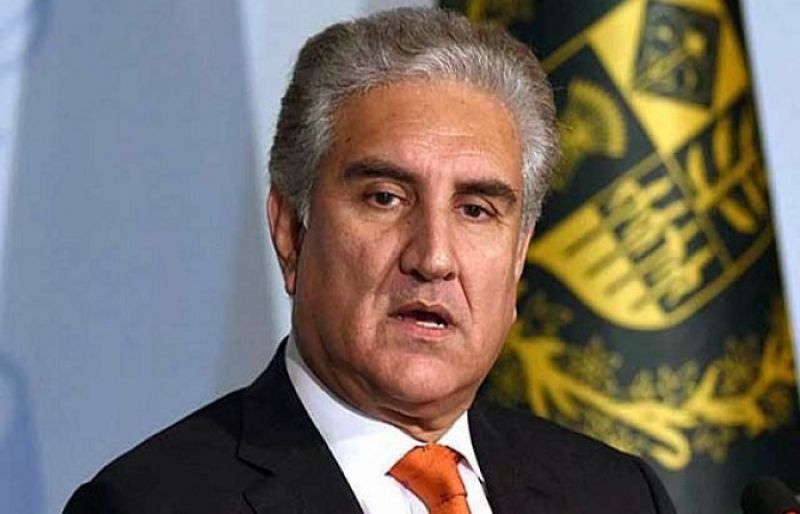Islamabad: Pakistan has asked the UN Security Council (UNSC) to summon an emergency meeting over India’s move to revoke the special status of Jammu and Kashmir, with Foreign Minister Shah Mehmood Qureshi warning that if New Delhi “continues the acts of aggression” then Islamabad “will not stay silent”.
In a statement issued here Tuesday night, Qureshi said he had written a letter to the UNSC president, asking the latter to convene an emergency meeting of the council to discuss India’s “illegal actions” that also “violate UN resolutions on Kashmir”.
The Foreign Minister stated in the letter that if “India continues the acts of aggression then Pakistan will not stay silent,” Geo News reported. “We are willing to go to any lengths for our defence,” he said.
Qureshi also called his Polish counterpart Jacek Czaputowicz to discuss the request for convening the UNSC session on Kashmir, Dawn newspaper reported.
Czaputowicz said a “dispute between countries could only be resolved through dialogue,” as also called for by the European Union. He said that as a rotating chair of the UNSC, Poland would closely monitor developments in the region and maintain regular contact with the partners.
Later, while stressing direct dialogue between New Delhi and Islamabad, Czaputowicz, whose country is the president of the UNSC, told reporters in New York that his ambassador will likely hold consultations on a request from Pakistan to take up the Kashmir issue.
“We are in favour of dialogue between Pakistan and India to sort out the differences,” he said, adding that Poland’s Permanent Representative Joanna Wronecka “will probably start consultations” about the request with other Council members.
Tensions between New Delhi and Islamabad have heightened following India’s move on Kashmir. Following that, Pakistan downgraded diplomatic relations by expelling the Indian High Commissioner and suspended trade ties with India.
Later, Pakistan announced suspending the Thar Express and Samjhauta Express, connecting the two countries. It also banned Indian films from being screened in cinemas across the nation.
